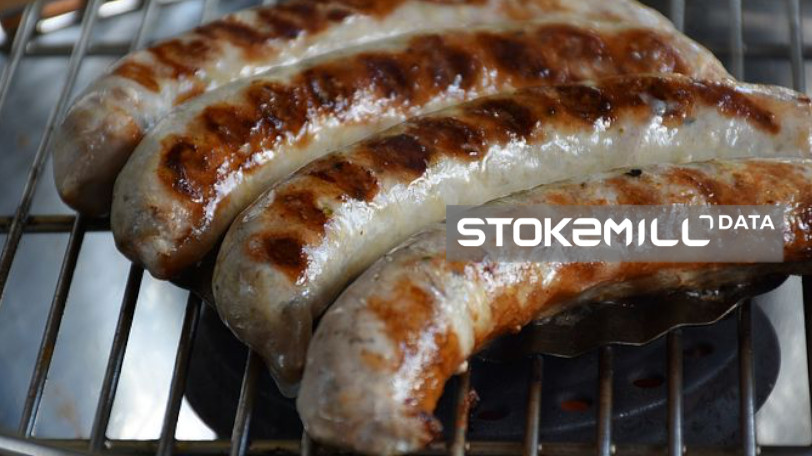We've seen it all before...have we?
Are structural changes in pig rearing exclusively reflecting a shift in dietary habits?
According to Destatis, the German statistical agency, the country's pig herd gradually declined since reunification from about 30.8 million to 22.3 million animals by the end of the second quarter of 2022, mirroring similar trends seen in other Western countries where a general decline in both pigs and cattle herds has been observed. In Germany the number of holdings with pigs has contracted from 29,900 in 2012 to 17,900 in May 2022, reflecting various factors such as further meat processors' consolidation, vertical integration, farmers' margin pressure, improvements in animal nutrition, better productivity, and rising global competition in pork production and exports. It is no surprise farmers have been exiting the sector to focus on alternatives such as crop or vegetable farming, against a backdrop of rising meat reducers and meat avoiders, and amid down trading (i.e. a shift in consumption in favour of cheaper poultry). Indeed dietary habits seem to have played a role in reduced meat consumption. It is estimated from polls that 10% of German consumers are plant-based eaters, either as vegetarians or vegans. This is reportedly the largest meat avoider sub-group in Europe.
Are there other factors behind a recent drop in pigmeat production?
In the last two years unforeseen externalities have further distorted the animal protein market, firstly a global epidemic that among other things severly dampened demand at food service establishments, and while the world reopened for business China closed shop with its zero covid policy, dampening demand for pork imports. The pig herd cycle may have played some part in the recent German pig numbers, which may well recover in 2023, possibly reflecting what is being predicted in the UK pig sector by ADHB. But other factors have contributed to a decline in pigmeat production, most notably rising costs such as energy and animal feed, high inflation and rising interest rates, which have dealt producers another blow, against the background of a war in Europe's eastern border, dwindling gas supplies from Russia and a looming recession in Western Europe.
What about demand going forward?
It is not illogical to anticipate continuing strong demand for poultry, while pork and beef per capita consumption keep declining amid rising numbers of meat reducers, meat avoiders (which includes exclusive fish eaters) and outright vegetarians or vegans. The production of meat alternatives in Germany has almost hit the 100ktons mark in 2021, which pales against meat production but points to a fast growing market according to German statistics.
Keywords: pig herd, animal nutrition, pork production, dietary habits, pigmeat production, energy, animal feed, meat reducers, meat avoiders, meat alternatives


